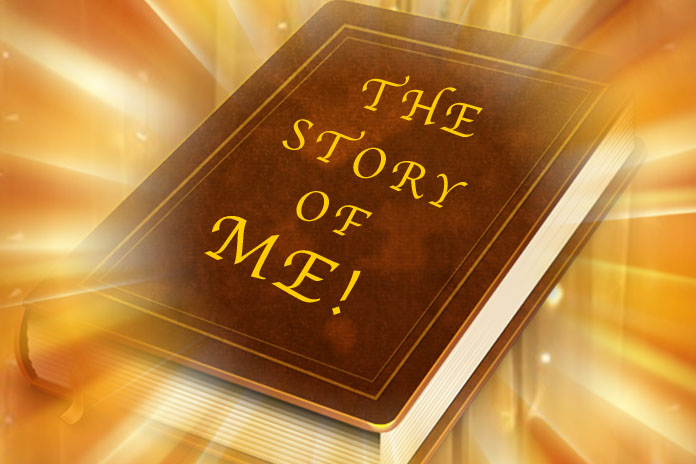
WHY do people still read biographies?
In the pre-Internet era, the biography was a source of information. If it’s an autobiography or a commissioned biography, the information is taken with some salt. But if you could be bothered to wade through the text, you may have gleaned some insights into why certain decisions were taken and what made someone famous or successful.
More likely, the biography is just a glorified public relations exercise by someone who misses the limelight.
Bear in mind, in a biography the narrative is controlled. The subject of the biography doesn’t have to answer tricky questions and can keep what he or she doesn’t want heard out of the public light, hoping that no one hacks their personal computer. Or phone.
Now, if it’s an unsanctioned biography, then it could be more revealing. And interesting. Especially when the lawyers’ letters start flying about and the legal suits get involved.
Biographies by famously rich people always attract attention. In its reading, it is hoped that there could be a lesson or two to take on board. In most instances it’s just a lot of chest thumping. When you analyse it, the methods outlined often resemble similar strategies adopted by other parties.
Why Bother?
The general public is so self-absorbed, do they really care about your life, what you’re thinking, what you intended and what your grand plan is/was?
Political leaders are happy to trot out tomes about their successes. They already lead such public lives and the mainstream media hangs on their every utterance, with analysis and infographics to get the message across.
Since their lives and actions are already so public, what more do they have to say?
Why do they think their observations of their own actions are going to be mind-blowing for others?
And what about the various official versions of a leader’s biography penned by different people? It’s still the same life.
Of course, if you’ve fallen out of favour with an organisation, then that story might be worth reading. It could provide insights into why certain decisions were taken and why some baffling policies are in place. But this kind of biography would be written in the event political suicide is no longer a cause for concern.
Some people think they are celebrities and therefore feel compelled to write their life story in all its boring, snoring detail. Probably egged on by brown-nosers in their midst, these tomes are mysteriously sold in large numbers, probably displayed on a shelf (if the subject is important enough) or stacked in a cellar and used for pest extermination.
Still, biographies do sell, though likely not in large quantities. For the reader, it’s often a case of trying to glean something from the text to use in his or her own venture. How about spending that time coming up with an original idea? That might prove more valuable.
Unseen Scenes In A Biography
Before the Internet, biographies served a purpose. They did provide insights into thinking, ideas and business strategies. And for the famous actors, singers and personalities, it was a way to showcase another aspect to their lives; to present the human side of the personality.
But in the Internet era, when almost everyone has put themselves out there for public scrutiny — from births to deaths, lunches to holidays (not much of those of late) and vaxes to pet pictures — a biography had better pack a lot of fresh dope if it hopes to sell.
Business folks and consultants keen to trot out their books of revelation have to bear in mind that disruptions can change the lay of the land quite rapidly and leave those theories as redundant as dust. In any case, it’s a lot quicker, accessible and updatable if you put your ideas on a website.
There is still a place for biographies, provided it does tell more about you than is already known, or it sheds light on matters of interest or importance.
Otherwise, it’s a waste of paper and time.



















